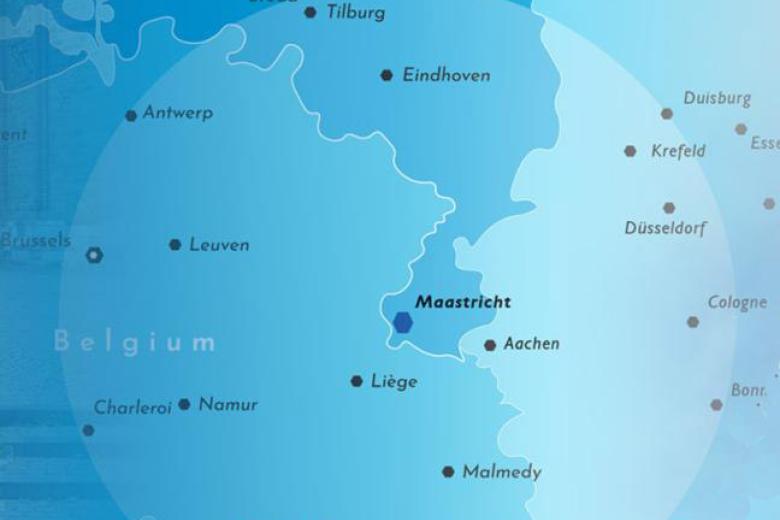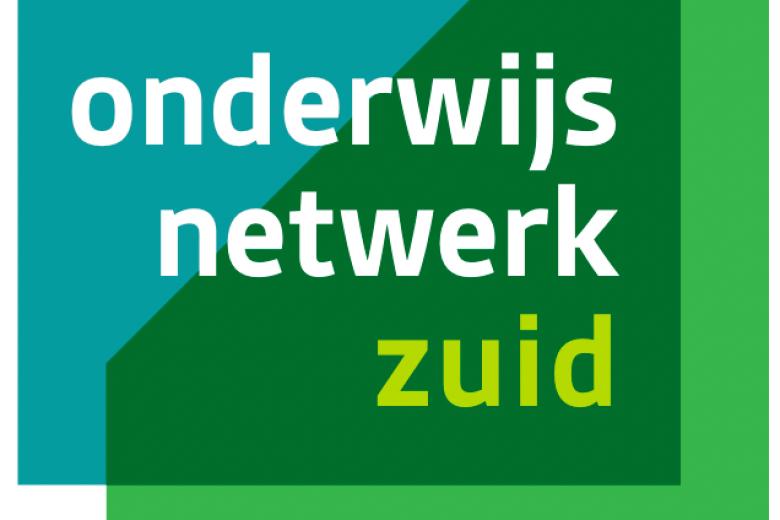Engaging parents in AI: Maastricht University strengthens science literacy in Limburg
How can parents gain a better understanding of what artificial intelligence (AI) means for their child’s education? At Maastricht University, Martijn Boussé and colleagues are launching an innovative project that actively involves parents of secondary school pupils in Limburg in the development of educational materials on AI.
The project, carried out in collaboration with the Stichting Voortgezet Onderwijs Parkstad Limburg and several parent associations, aims to enhance what is known as “science literacy” among parents. While AI is becoming increasingly prevalent in education, many parents feel ill-equipped to have meaningful conversations about it with their children. Through co-creation workshops, parents, students, and teachers come together to explore their questions, concerns, and needs. Based on these insights, they jointly develop educational materials around three core themes: mathematics, natural sciences, and technology & ICT.
Co-Creation as a bridge between education and society
Parents are often left out of conversations about technology in education, despite playing a key role in their children's development. By actively involving them, the team builds a bridge between science and society.
The results of the project will be widely shared within schools and parent networks, so other regions can also benefit. Co-creation is proving to be more than just a method; it’s a powerful way to make technological developments accessible, understandable, and open for discussion across society.
Also read
-
DigiMach places Meuse-Rhine Euroregion at the heart of industrial digitalisation
DigiMach (Digital Machining) is a new cross-border project uniting Belgium, Germany, and the Netherlands around a common goal: accelerating the digitalisation of the machining industry in the Meuse-Rhine Euroregion.
-
A strong education network for Brabant and Limburg: better alignment, less dropout
On November 24, 2025, secondary schools (VO) and higher education institutions (HO) in Brabant and Limburg signed up for the Education Network South Netherlands: one VO-HO network that will improve the flow of students to further education and reduce dropout rates.
-
AMIBM hosts the final Realise-Bio conference
The Aachen Maastricht Institute of Biobased Materials (AMIBM ) hosted last week the third and final Realise-Bio annual conference , bringing together the Dutch and German bioeconomy ecosystems at the Brightlands Chemelot Campus .